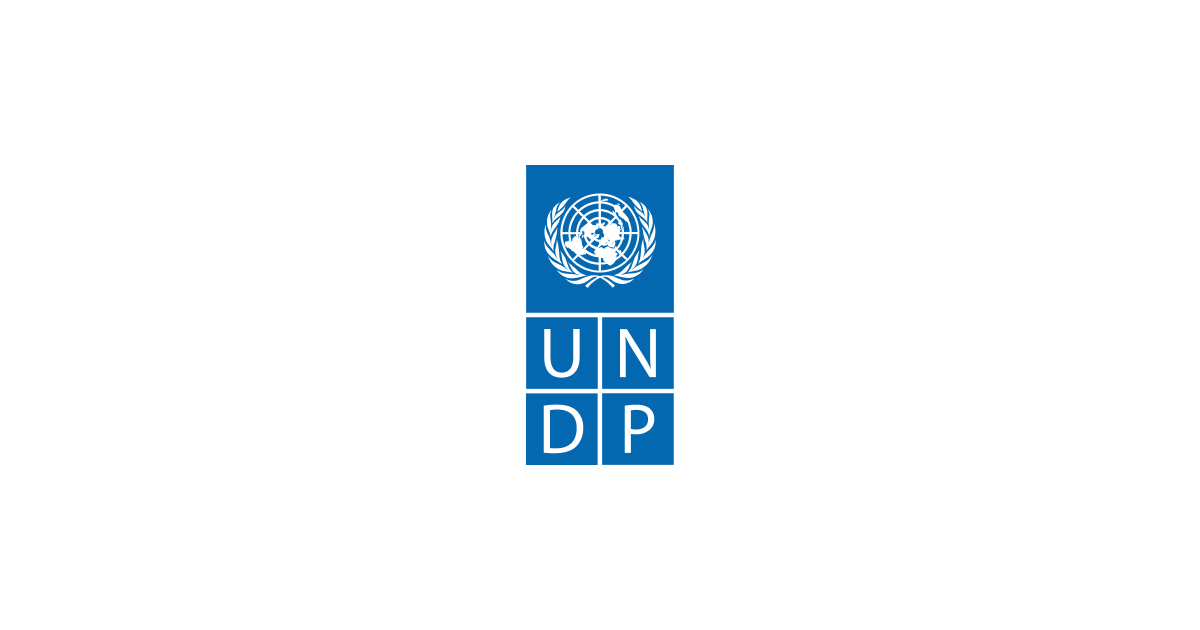AI tools are increasingly reshaping how people search online, with large language models like ChatGPT drawing millions away from traditional engines.
Montreal-based lawyer and consultant Anja-Sara Lahady says she now turns to ChatGPT instead of Google for everyday tasks such as meal ideas, interior decoration tips and drafting low-risk emails. She describes it as a second assistant rather than a replacement for legal reasoning.
ChatGPT’s weekly user base has surged to around 800 million, double the figure reported in 2025. Data shows that nearly 6% of desktop searches are already directed to language models, compared with barely half that rate a year ago.
Academics such as Professor Feng Li argue that users favour AI tools because they reduce cognitive effort by providing clear summaries instead of multiple links. However, he warns that verification remains essential due to factual errors.
Google insists its search activity continues to expand, supported by AI Overviews and AI Mode, which offer more conversational and tailored answers.
Yet, testimony in a US antitrust case revealed that Google searches on Apple devices via Safari declined for the first time in two decades, underlining the competitive pressure from AI.
The rise of language models is also forcing a shift in digital marketing. Agencies report that LLMs highlight trusted websites, press releases and established media rather than social media content.
This change may influence consumer habits, with evidence suggesting that referrals from AI systems often lead to higher-quality sales conversions. For many users, AI now represents a faster and more personal route to decisions on products, travel or professional tasks.
Would you like to learn more about AI, tech and digital diplomacy? If so, ask our Diplo chatbot!










